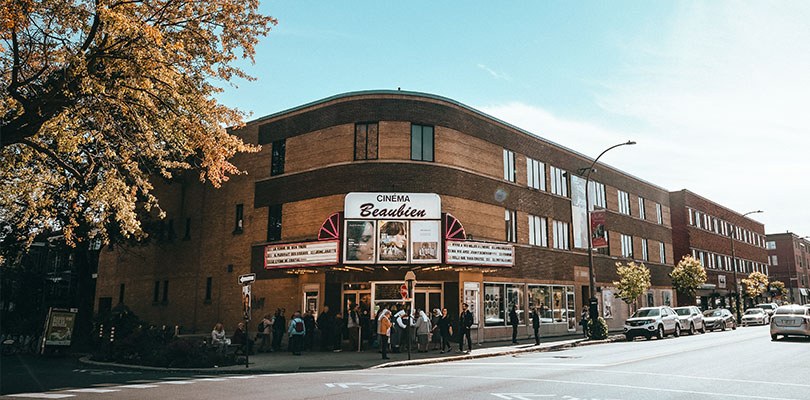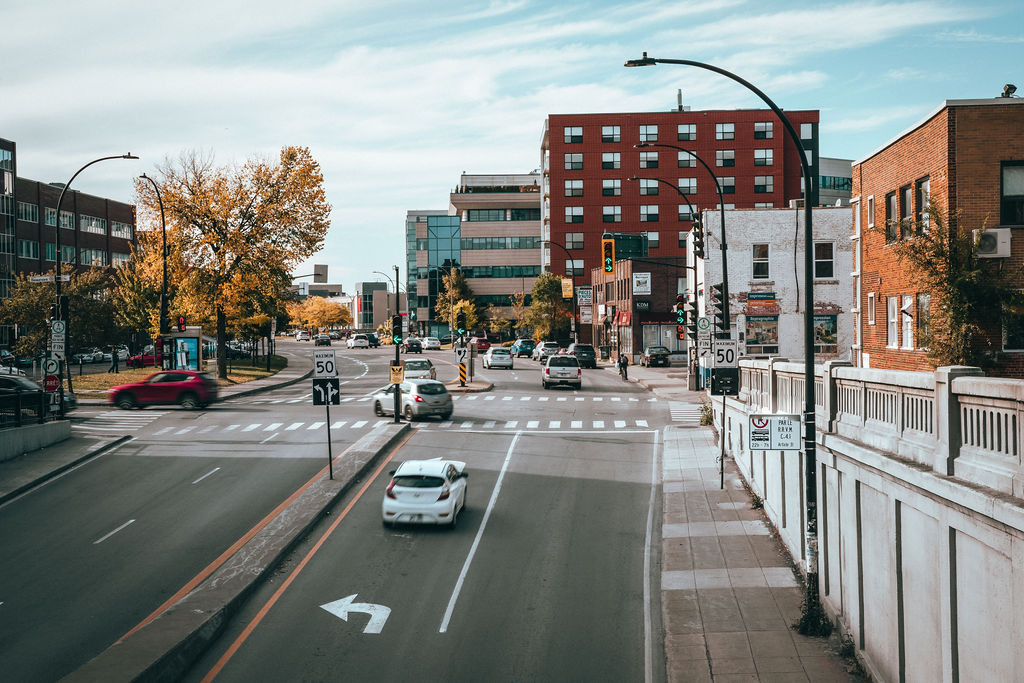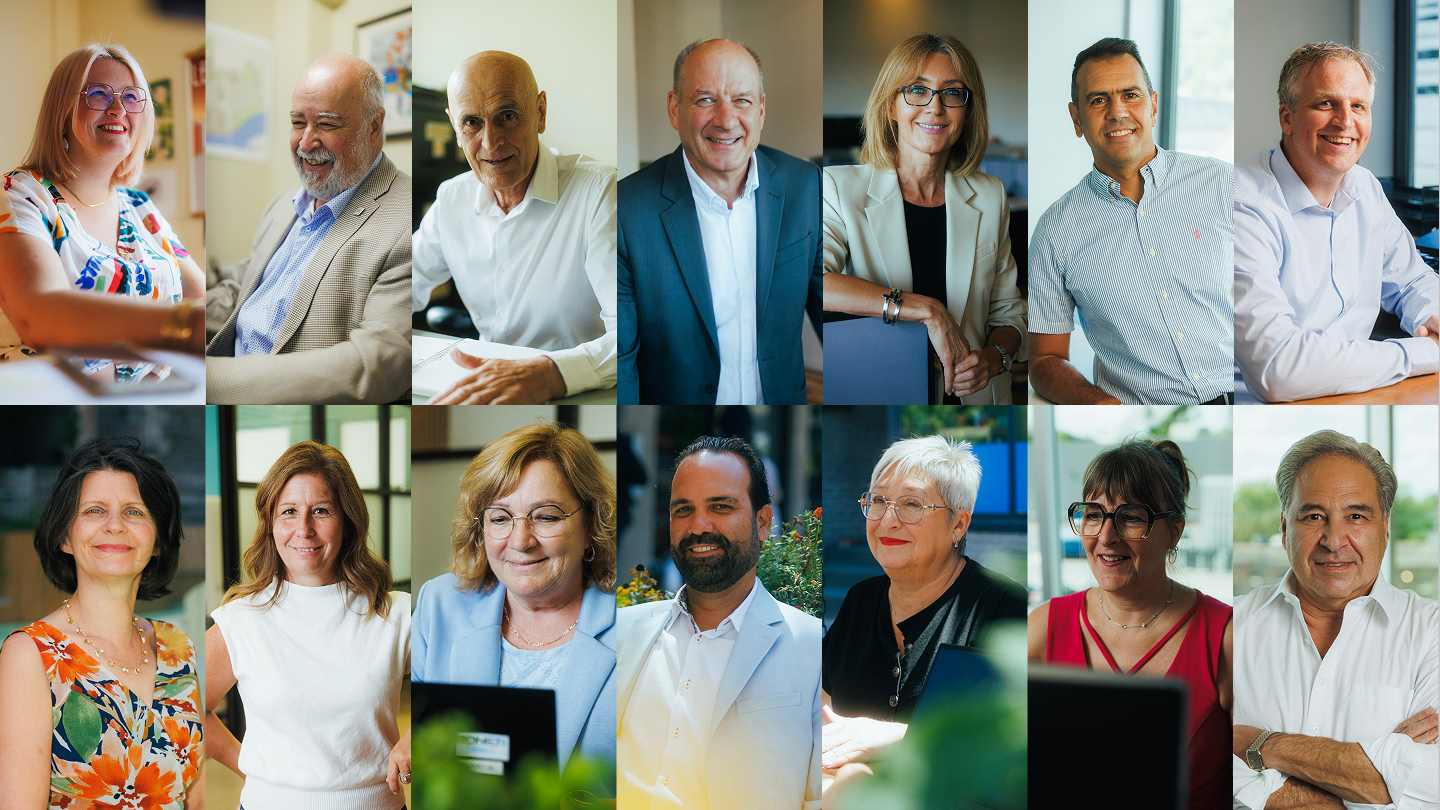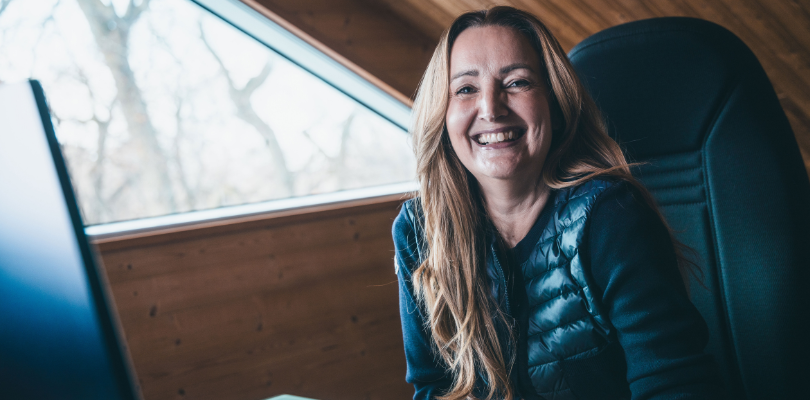FoodHero Fulfills a Business, Food Saving and Social Mission
Topic: Sustainable development Social entrepreneur
Step: Growing
Bio-food, Digital industry PME MTL Centre-Ville 19 August 2020
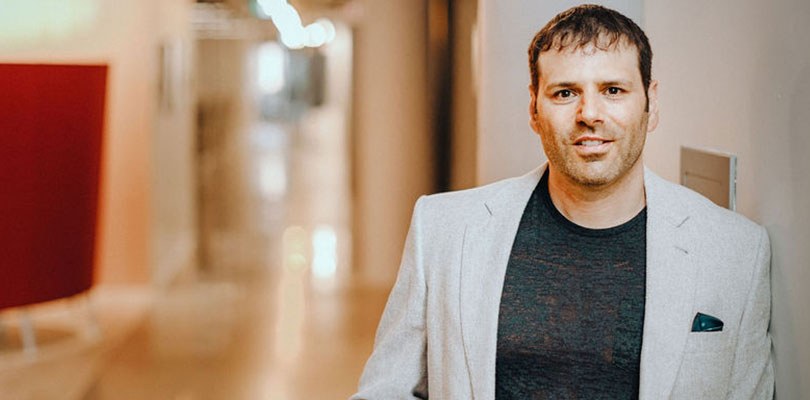
The FoodHero app serves both consumers and grocery stores while helping eliminate waste.
According to Second Harvest, the country’s largest food rescue group, Canadians waste nearly 60 per cent of our domestic food production each year. This translates to 35.5 million metric tons of food being thrown away.
This could change with the Montréal-based FoodHero app. Since the arrival of the app in the spring of 2019, some 250 supermarkets have been offering a variety of still fresh and edible food products every day, at specific times and at greatly reduced prices, which are unsold or surplus products. All you have to do is order and pay for them with the free mobile application and then pick them up at the selected store. FoodHero then earns a commission on each item sold.
Numerous advantages and benefits
The app allows the consumer to take advantage of discounts averaging around 40%, and as high as 60%. It also helps merchants liquidate excess food in a secondary market. A grocery store, for example, might stock a very large quantity of BBQ meat on its shelves in anticipation of a sunny summer weekend, only to have to get rid of it because of bad weather.
As an added bonus, FoodHero helps the environment by reducing the amount of food going to landfills. In fact, some of its grocery customers have already reduced their waste by 25%. In the last quarter of 2019 alone, the app saved 17 tons of CO2 emissions! Finally, and on a completely different note, consumers are discovering a lot of new foods with FoodHero due to the appeal of the reduced prices on the app.
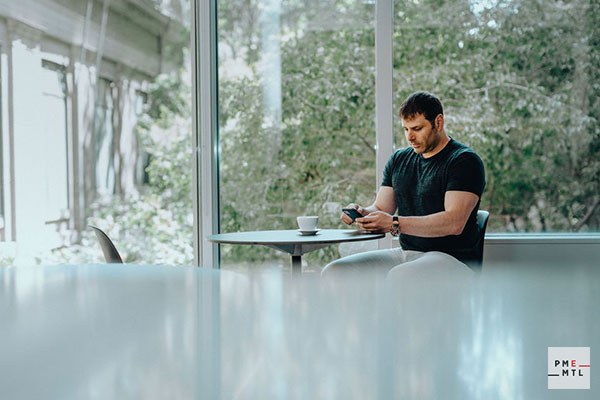
A model built from A to Z
In creating this young company, the founder, Jonathan Defoy, combines his 20 years of experience piloting technological projects (automated response app Offline, Biztree contract software, etc.) with his personal crusade against all forms of waste.
However, he warns, even if this initiative does an amazing service for the environment, it consists first and foremost of a business project whose profitability was the subject of a full year of research and market studies. “I avoided making the common mistake of entrepreneurs who fall in love with a cause.”
In addition to that, since there is no real resource of its kind in the world, Jonathan Defoy had to build his model from scratch. “Tests were conducted in 2016 and 2017, but were unsuccessful,” he says, matter-of-factly. “Market place-type projects are notoriously difficult to launch because they require a lot of capital. However, I had the advantage of having extensive experience in e-commerce, which reassured investors.”
Big players believe in the app
The company’s small team of about 20 employees also gained significant credibility by signing agreements with Métro and Sobey's/IGA. These two banners alone represent a combined potential of approximately 2,000 points of sale. On the consumer side, more than 400,000 downloads have been recorded since May 2019 by people who use the app an average of 1.5 times each week.
We started with the big players, to quickly establish ourselves on a large scale. However, our strategy includes soliciting smaller chains in a second phase, then independent grocers in a third phase.
But winning two national brands was not easy, Defoy admits.
Sobey's/IGA operates primarily on a franchise model, delegating a great deal of decision-making power to its grocers, while Métro operates a more centralized model. As a result, our approach for each one had to be very different from the other.
However, FoodHero's business plan goes far beyond its two current major customers. “We started with the big players, to quickly establish ourselves on a large scale. However, our strategy includes soliciting smaller chains in a second phase, then independent grocers in a third phase.”
And since Jonathan Defoy's concept is easily exportable, it's not surprising that he is already talking about penetrating the huge American market as early as 2021, especially since no such service is established there. The Walmart giant alone, with 4,756 branches (and 11,500 worldwide), would be a prime target to begin with. “We'll come to the U.S. with strong evidence of how we operate on a large scale. Our formula works; you just need to implement it in your network.”
How PME MTL made the difference for FoodHero
“As soon as I learned of the existence of PME MTL, I approached their team for financial support. In the end, I received $190,000, which provided me with a solid springboard to launch and deploy FoodHero. Last spring, in the context of the health crisis, PME MTL also provided us with $50,000 in much appreciated emergency assistance, which enabled us to absorb the 75% decline in our business at the height of the crisis. We quickly sensed a great deal of interest in our cause at PME MTL, especially since it is perfectly in line with the desire of Montréal authorities to fiercely fight back against wasted resources.”
--
FoodHero is supported by PME MTL Centre-Ville.
Articles
Des entrepreneurs qui font la différence
PME MTL vous propose des guides pratiques pour vous accompagner à chaque étape de votre parcours. Gagnez du temps avec des ressources conçues pour répondre à vos besoins spécifiques.
